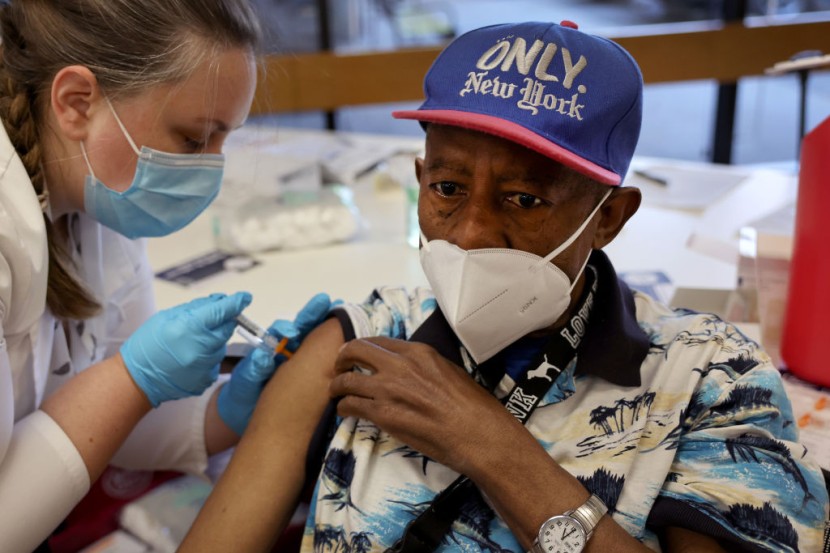
After two years of abnormally low incidence, influenza may return to the United States next flu season.
The US relies on the southern hemisphere, particularly Australia and New Zealand, to gauge the severity of the coming flu season, and the situation is a cause for concern this year.
Dropping Vaccination Rates Puts US At Risk
Australia has experienced its worst flu season in five years, according to Dr. Mark Povroznik, vice president of quality and chair of infection control at WVU Medicine United Hospital Center in Bridgeport. Moreover, their flu season started two months earlier this year, according to The State Journal.
Povroznik suggested that there "likely will not be another atypically low flu season." The alarming drop in immunization rates seen across the country has been well documented. Public health experts in the United States want to vaccinate 70 percent of eligible people to help ensure their health safety during this US flu season.
Flu is particularly deadly for seniors, young children, pregnant women, and anyone with heart and lung conditions. Hence, health experts recommend annual flu vaccines to those who belong to these groups, as per an AP News report.
In 2021-2022, just 52 percent of the population received a flu shot, a decrease of almost 10 percent from the last year and a decrease of nearly 14 percent from 2019-2020. Each year, the US southern states are among the first to suffer from flu activity, and this season is no different.
The number of people infected with influenza has risen in some states, including Texas and Georgia. Because of low vaccination rates and declining resistance caused by relatively mild seasons in past years, Povroznik cautioned that this year's flu season could be especially challenging for both children and adults.
Dr. Larry Madoff, the medical director of the Massachusetts Department of Public Health's Bureau of Infectious Disease and Laboratory Sciences, claims this year's US flu season will be even more crucial because worse cases are more likely to occur. Boston Globe reported that he recommends getting two shots at once, one for COVID-19 and one for the flu, one for each arm.
"This is the time to get a flu vaccine," Dr. Madoff noted, adding that getting vaccinated is highly encouraged all year round, especially in October, to boost immune systems for the flu season.
Elderly, Children, People With Commorbidity Should Get Immunized
Due to the similarities in symptoms between influenza and chronic obstructive pulmonary disease (COPD), Dr. Madoff advised staying at home if you're sick this year to prevent spreading the diseases.
Also, if you have respiratory symptoms, you should get tested for the flu and COVID-19. Dr. Richard Webby, an influenza expert from St. Jude Children's Research Hospital in Memphis, said the effectiveness of the seasonal flu vaccine decreases with age. He recommended those who are 65 and older upgrade to newer, safer vaccines this year.
Dr. Webby encourages spreading the word about the availability of flu vaccines for the elderly in case loved ones are not aware of it. If your community does not offer flu shots specifically for seniors, the Centers for Disease Control and Prevention recommends that you get vaccinated anyhow.
Related Article : Biden To Check Out Situation in Hurricane-Wrecked Puerto Rico and Florida, Assures Aid For Local Officials, Families To Recover From 'American Crisis'








